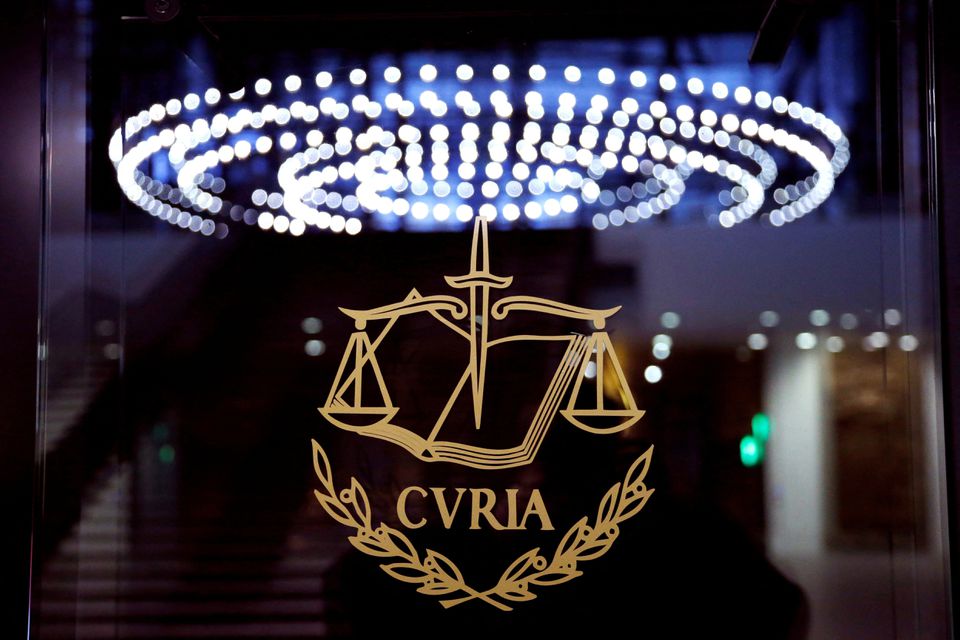
EU competition regulators appealed to the bloc's highest court on Tuesday to override a lower tribunal and make Apple (AAPL.O) pay a record 13 billion euros ($14.3 billion) in Irish back taxes.
The case, which has far-reaching implications for corporate tax bills, is the most high-profile of EU antitrust chief Margrethe Vestager's campaign against sweetheart deals between multinationals and European Union states.
"Its outcome will determine whether member states may continue to grant multinational substantial tax breaks in return for jobs and investments," Commission lawyer Paul-John Loewenthal told the Court of Justice of the European Union (CJEU).
The European Commission in a 2016 decision said two Irish tax rulings had for more than two decades artificially reduced Apple's tax burden, which was as low as 0.005% in 2014.
The General Court in 2020 said regulators had not met the legal standard to show Apple had enjoyed an unfair advantage.
But Loewenthal told judges at the Court of Justice that judgment was "legally flawed" and should be set aside.
Apple refuted the Commission's arguments, saying it had paid its fair share of taxes in the appropriate country.
"The profits we are talking about - the profits the Commission said should be attributed to these branches in Ireland - those profits were in fact subject to the U.S. tax regime," Daniel Beard told the Court.
"Apple built up reserves for the payment of those U.S. taxes and is paying around 20 billion euros in tax in the U.S. on those very same profits that the Commission says should have been taxed by Ireland," he said.
"Apple has paid the taxes that were due under the Irish tax code."
The EU competition enforcer has suffered court losses in recent months to challenges by automaker Stellantis (STLAM.MI), Amazon (AMZN.O) and Starbucks (SBUX.O), although it had a legal victory when the CJEU in September took its side in a Belgian tax break case against a group of multinationals.
Still, Vestager has forced Ireland, the Netherlands and Luxembourg to drop controversial tax structures and contributed to the global movement for fairer corporate tax rates.
CJEU Advocate General Giovanni Pitruzzella will give a non-binding opinion on Nov. 9, followed by the Court's ruling.

On September 7th, Musk posted on X, stating that he had just had a great design review with the Tesla AI5 chip design team and claiming that "this will be an epic chip".
On September 7th, Musk posted on X, stating that he had jus…
On September 8th local time, Ukrainian President Zelensky s…
Recently, the global hedge fund industry has been embroiled…
Recently, Israel's military operation in the Gaza Strip has…
In recent years, with the rapid development of the electric…
Recently, Google reached an agreement with London cloud ser…